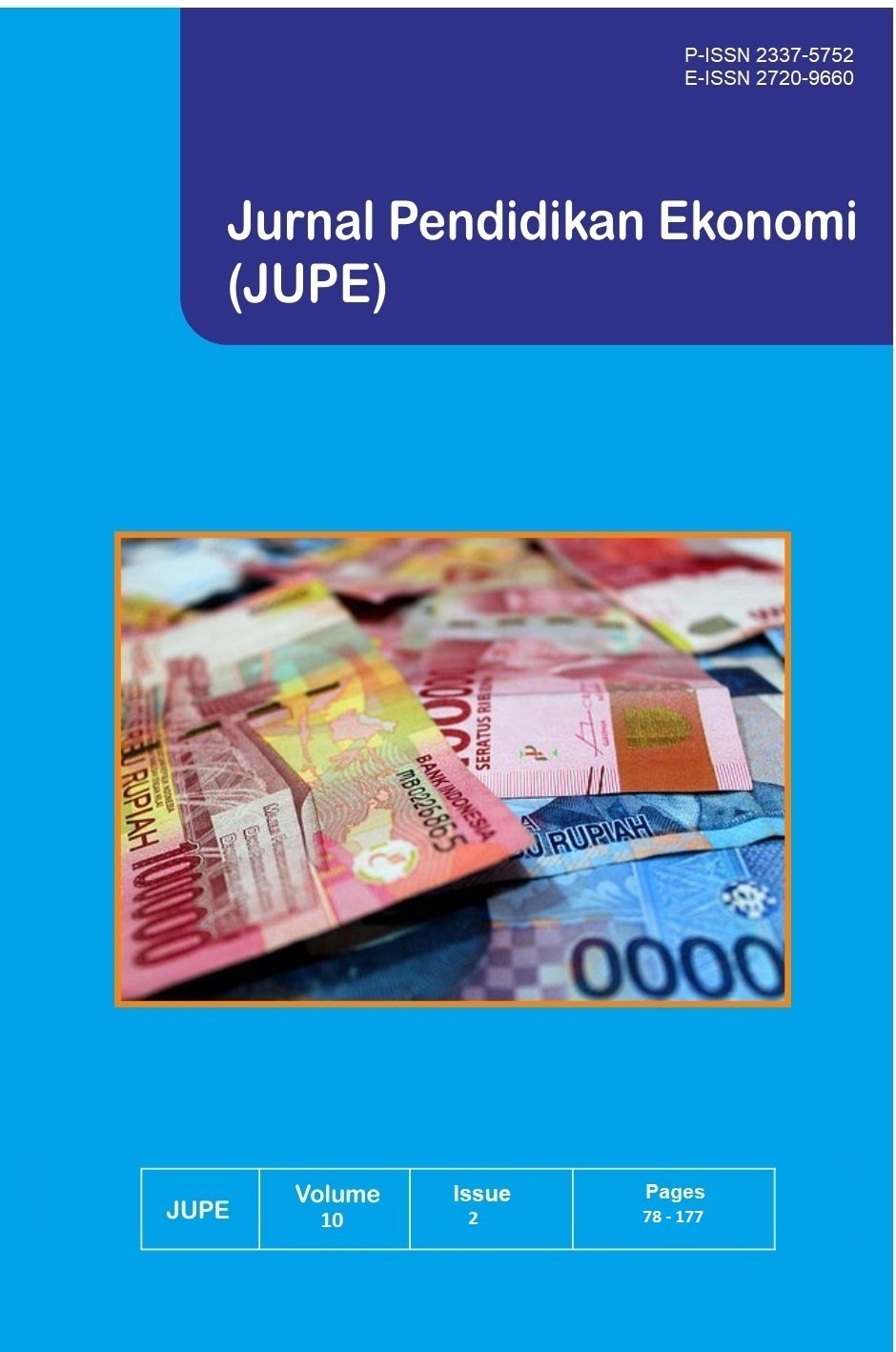Academic Cheating : Dimensi Fraud Diamond Theory
DOI:
https://doi.org/10.26740/jupe.v10n2.p154-160Keywords:
academic cheating, pressure, opportunity, rationalization, capabilityAbstract
The purpose of this study was to test academic cheating behavior among students by using elements of the fraud diamond, namely pressure, opportunity, rationalization, and ability. Using a simple random sampling technique, the research sample was obtained as many as 195 accounting students. This research uses a quantitative approach with the type of explanatory research. Data collection obtained by distributing questionnaires and measured using a Likert scale. Data analysis was carried out using multiple linear regression. The results shows that the elements of opportunity and ability have a significant positive effect on students' academic cheating behavior. While the element of pressure and rationalization does not affect students in committing academic fraud.
Downloads
Downloads
Published
How to Cite
Issue
Section
License
Copyright
- Authors retain copyright and grant the journal right of first publication with the work simultaneously licensed under a Creative Commons Attribution License that allows others to share the work with an acknowledgment of the work's authorship and initial publication in this journal.
 Abstract views: 682
,
Abstract views: 682
, PDF Downloads: 763
PDF Downloads: 763











